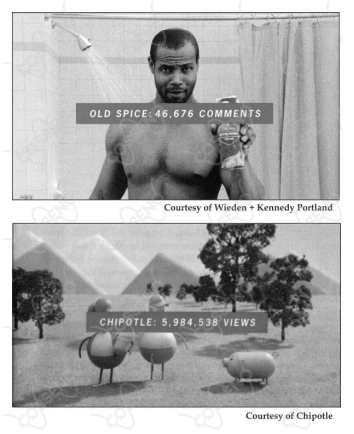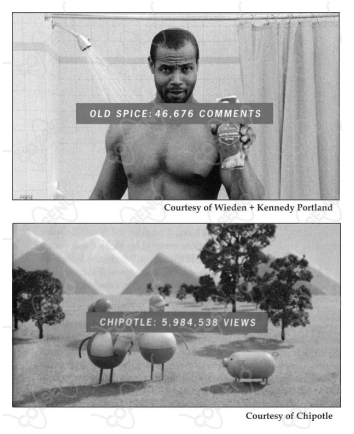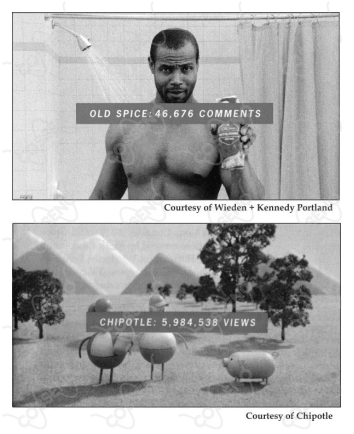USP 2013 Inglês - Questões
Abrir Opções Avançadas
School
By Daniel J. Langton
I was sent home the first day
with a note: Danny needs a ruler.
My father nodded, nothing seemed so apt.
School is for rules, countries need rulers,
graphs need graphing, the world is straight ahead.
It had metrics one side, inches the other.
You could see where it started
and why it stopped, a foot along,
how it ruled the flighty pen,
which petered out sideways when you dreamt.
I could have learned a lot,
understood latitude, or the border with Canada,
so stern compared to the South
and its unruly river with two names.
But that first day, meandering home, I dropped it.
(http://www.poetryfoundation.org/poem/244284. Acesso em 23/8/2012.)
Com base no poema “School”, responda em português:
A) Após o primeiro dia na escola, o menino voltou para casa com um bilhete que dizia: “Danny precisa de uma régua”. Por que a exigência de uma régua pareceu apropriada?
B) O que aconteceu no caminho de volta para casa e qual a consequência desse acontecimento para o aprendizado do menino?

Time was, advertising was a relatively simple undertaking: buy some print space and airtime, create the spots, and blast them at a captive audience. Today it’s chaos: while passive viewers still exist, mostly we pick and choose what to consume, ignoring ads with a touch of the DVR remote. Ads are forced to become more like content, and the best aim to engage consumers so much that they pass the material on to friends - by email, Twitter, Facebook - who will pass it on to friends, who will... you get the picture. In the industry, “viral” has become a usefully vague way to describe any campaign that spreads from person to person, acquiring its own momentum.
It’s not that online advertising has eclipsed TV, but it has become its full partner - and in many ways the more substantive one, a medium in which the audience must be earned, not simply bought.
(Newsweek, March 26 & April 2, 2012. Adaptado.)
De acordo com o texto, a indústria publicitária

Time was, advertising was a relatively simple undertaking: buy some print space and airtime, create the spots, and blast them at a captive audience. Today it’s chaos: while passive viewers still exist, mostly we pick and choose what to consume, ignoring ads with a touch of the DVR remote. Ads are forced to become more like content, and the best aim to engage consumers so much that they pass the material on to friends - by email, Twitter, Facebook - who will pass it on to friends, who will... you get the picture. In the industry, “viral” has become a usefully vague way to describe any campaign that spreads from person to person, acquiring its own momentum.
It’s not that online advertising has eclipsed TV, but it has become its full partner - and in many ways the more substantive one, a medium in which the audience must be earned, not simply bought.
(Newsweek, March 26 & April 2, 2012. Adaptado.)
No texto, a palavra “viral” refere-se a

Time was, advertising was a relatively simple undertaking: buy some print space and airtime, create the spots, and blast them at a captive audience. Today it’s chaos: while passive viewers still exist, mostly we pick and choose what to consume, ignoring ads with a touch of the DVR remote. Ads are forced to become more like content, and the best aim to engage consumers so much that they pass the material on to friends - by email, Twitter, Facebook - who will pass it on to friends, who will... you get the picture. In the industry, “viral” has become a usefully vague way to describe any campaign that spreads from person to person, acquiring its own momentum.
It’s not that online advertising has eclipsed TV, but it has become its full partner - and in many ways the more substantive one, a medium in which the audience must be earned, not simply bought.
(Newsweek, March 26 & April 2, 2012. Adaptado.)
Afirma-se, no texto, que, diferentemente da TV, na publicidade online a audiência tem de ser
Missing Out: In Praise of the Unlived Life is Adam Phillips’s 17th book and is a characteristic blend of literary criticism and philosophical reflection packaged around a central idea. The theme here is missed opportunities, roads not taken, alternative versions of our lives and ourselves, all of which, Phillips argues, exert a powerful hold over our imaginations. Using a series of examples and close readings of authors including Philip Larkin and Shakespeare, the book suggests that a broader understanding of life’s inevitable disappointments and thwarted desires can enable us to live fuller, richer lives. Good things come to those who wait.
Does he see himself as a champion of frustration? “I’m not on the side of frustration exactly, so much as the idea that one has to be able to bear frustration in order for satisfaction to be realistic. I’m interested in how the culture of consumer capitalism depends on the idea that we can’t bear frustration, so that every time we feel a bit restless or bored or irritable, we eat, or we shop.”
(guardian.co.uk, 1 June 2012. Adaptado.)
Segundo o texto, o livro Missing Out: In Praise of the Unlived Life sugere que
Carregando...